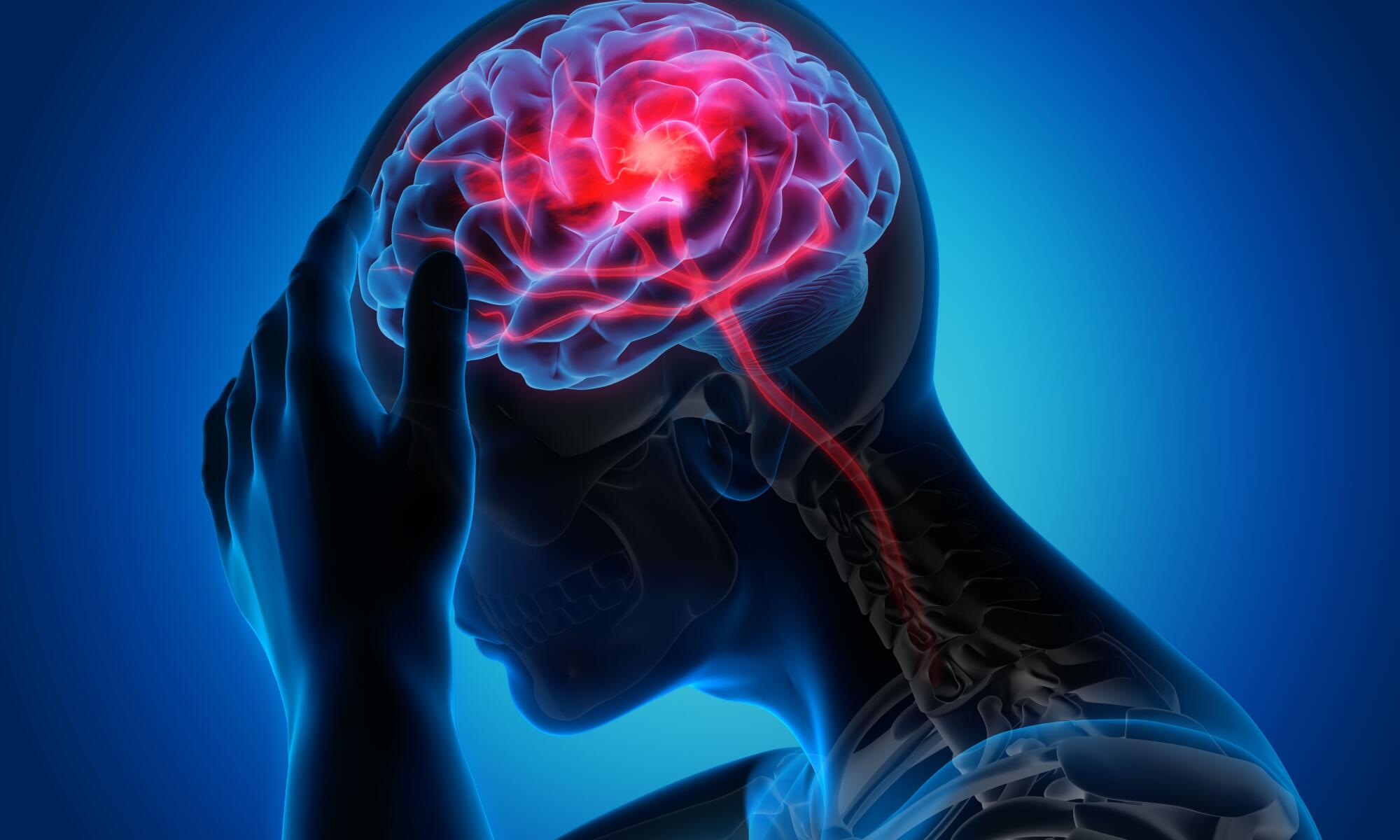
How to Debloat Fast for Quick Relief

Do you often feel bloated and sluggish? You’re not alone: according to the Rome Foundation, 18% of the global population feels bloated at least once a week.
With such a widespread issue, it probably won’t surprise you to hear that bloating has many possible triggers. The most common ones include:
- Digestive issues: constipation, food allergies, and food intolerances
- Hormonal changes: many women get bloated before/during their periods
- Poor diet: not enough fiber or too much salt and sugar
Bloating usually resolves itself, but it’s often possible to speed up this process. If you want to learn how to debloat fast, these 12 strategies may help!
1. Peppermint Capsules
When it comes to rapid bloating relief, very few things beat peppermint. This useful plant relaxes your intestinal muscles, allowing gas to move more effectively. It’s best known for relieving IBS symptoms, but it’s also used for bloating.
The most common source of peppermint is peppermint oil capsules, which are taken orally. If you can’t find those, peppermint tea is another solid option. That said, if you’re prone to heartburn, you should avoid peppermint.
2. Yoga Poses
Some yoga poses may help relax the muscles in your abdomen. This can be a good way to encourage the release of excess gas from your GI tract. Yoga poses that can serve as quick debloating techniques include:
- Child’s pose
- Happy baby pose
- Seated forward bend
- Squats
3. Physical Activity
Another good way to provide relief from gas pressure is to go for a 10-15 minute walk around the block. This form of light exercise is particularly useful after eating, since it may lessen the symptoms of abdominal bloating.
Exercise in general is quite effective at promoting regular bowel movements. Plus, sweating releases extra sodium from your body, which is useful for relieving water retention. That said, make sure to stay hydrated while exercising!
4. Abdominal Massage
As far as fast ways to debloat go, massaging the abdomen can be very effective. This is particularly true for massages that follow the path of the large intestine. You can perform abdominal massage on yourself by following these steps:
- Place your hands right above the right hip bone
- Rub lightly in a circular motion up toward the right side of the ribcage
- Rub straight across your upper belly toward the left ribcage
- Move slowly down toward the left hip bone
- Repeat as necessary
If you feel pain at any point, it’s best to stop the massage.
5. Fiber Foods
Eating more fiber helps prevent bloating and constipation. That said, increasing your fiber intake too quickly may cause the opposite effect. For best results, start slowly and let your body adjust to the extra fiber over several weeks.
As for how much fiber your body needs, the FDA recommends 28 grams per day. This can also depend on your age and gender. Most U.S. adults don’t meet these requirements, so there’s plenty of room for improvement.
6. Essential Oils
Peppermint isn’t the only essential oil that can help you improve digestion quickly. This list also includes:
- Ginger oil
- Fennel oil
- Caraway oil
- Lemongrass oil
Before consuming essential oils, it’s best to speak to your doctor. This is because some formulations may be toxic to certain people. Essential oils may also interfere with your medication, as there’s no regulation of dosages.
7. Regular Meals
It’s no secret that most people experience bloating after big meals. The simplest solution to this issue is to switch to eating several smaller meals each day. That way, you help the digestive system move things along more efficiently.
You should also pay attention to how you consume food. For instance, drinking from a straw will cause you to swallow more air, leading to bloating. Swallowing food too quickly also introduces more air to your digestive tract.
8. OTC Medications
Some over-the-counter (OTC) medicines help relieve abdominal pain, gas, and bloating. If you know where to look, you can quickly get them online. These medications include the following:
- Antacids: pills that neutralize stomach acid
- Laxatives: medicines for treating constipation
- Pepto-Bismol: helps gastrointestinal symptoms after meals
9. Warm Bath
Are you looking to reduce bloating fast and reduce stress at the same time? Don’t underestimate the effectiveness of a nice bath! A warm bath helps relax your stomach muscles while providing relief for a sore abdomen.
Warm baths are also another opportunity to use some of the essential oils we outlined above. You should usually dilute these oils with a carrier oil (such as jojoba) before adding them to the bath to prevent skin irritation.
10. Low-FODMAP Diet
Low-FODMAP is an elimination diet. It involves restricting certain carbohydrates that tend to cause bloating. This diet isn’t intended for long-term use and can cause some issues if not managed properly, so talk to your doctor first.
As the name suggests, the low-FODMAP diet focuses on excluding foods high in:
- Fermentable oligosaccharides
- Disaccharides
- Monosaccharides
- Polyols
11. Food Diary
Many bloating cases are caused by food intolerances. For example, bloating is common in people who have lactose intolerance. As they’re unable to digest the lactose sugar in dairy products, their digestive tract suffers for it.
If your bloating happens after meals, consider keeping a food diary for a few weeks. Keeping track of what you eat and drink over this time may allow you to identify specific foods responsible for your bloating issues.
12. Visit to a Doctor
Some bloating issues result from medical conditions. If you’re unsure how your bloating occurs, consider talking to your doctor. Some common conditions that have bloating as a side effect include:
- Irritable bowel syndrome (IBS)
- Crohn’s disease
- Ovarian cysts
- Ulcerative colitis
- Endometriosis
This Is How to Debloat Fast
Now that you know how to debloat fast, give these tips a try! And if your bloating isn’t going away at all, your best bet would be to seek medical advice.
At Kiwi, we can help you find the perfect medications for bloating. We’re an international online pharmacy offering thousands of medical products! We also use military-grade SSL encryption to ensure your purchase is as secure as possible.
Browse our products or schedule a consultation with our licensed doctors!
Related Posts


